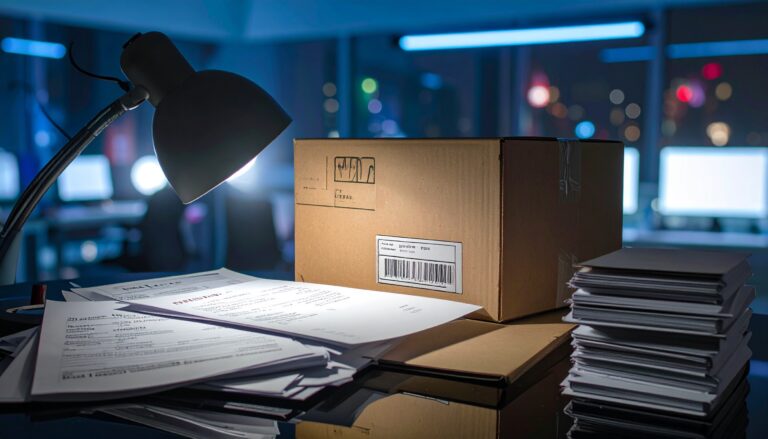Confidence Isn’t a Feeling. It’s a Practice
In periods of volatility, it’s easy for small business owners to feel overpowered by conditions they can’t control: rising costs, shifting demand, or broken supply chains. The temptation is to wait for stability before making bold moves. But waiting rarely leads to clarity.
What separates enduring founders from reactive ones is not better information, but higher entrepreneurial confidence. These founders act with conviction even when certainty is scarce, grounded by a mindset that sees change not as a threat, but as a catalyst.
Entrepreneurial confidence is not about being fearless. It’s about developing mindset resilience: the ability to stay steady, adapt quickly, and make decisions that reflect both urgency and integrity.
Leading from the Insight Out
Founders face a uniquely personal version of volatility. Unlike executives in larger firms, small business owners often carry the full weight of the business’s survival on their shoulders. In uncertain markets, this psychological burden compounds.
What’s needed isn’t just strategy, but a deliberate leadership practice. Founders who cultivate entrepreneurial confidence
Regulate stress responses. They create space to think, rather than reacting emotionally.
Recommit to purpose. They clarify why their business exists, especially when conditions shake their “how.”
Decide consistently. Even when imperfect, they favor momentum over paralysis.
Ground their teams. They provide direction and calm, creating psychological safety for others to adapt.
These practices build the mental infrastructure necessary to lead in conditions of fog and friction.
Confidence in Action: Rinchem's Case
A compelling example comes from the chemical manufacturing sector, a field especially exposed to market disruption. In late 2024, Rinchem Company, a chemical logistics and packaging specialist, faced looming instability when a major U.S. port strike threatened the flow of essential materials.
Rather than wait and hope for resolution, Rinchem boosted inventory by over 40%, mapped out supply chain scenarios, and worked cross-functionally with buyers and vendors to reduce risk. Their preparation enabled uninterrupted operations while competitors scrambled to adapt.
This wasn’t luck. It was entrepreneurial confidence in motion: the ability to anticipate disruption, act under uncertainty, and keep momentum amid volatility.
Four Practices That Build Entrepreneurial Confidence
To strengthen mindset resilience amid market uncertainty, founders can implement these core habits:
Don’t avoid the hard questions; ask them. Use scenario planning to build confidence that you can flex without breaking.
Create a cadence (e.g. weekly "tactical clarity" reviews) to assess key decisions, risks, and priorities, no mater the noise.
Notice the narratives you tell yourself. Are they reactive (“We’re falling behind”) or generative (“Here’s how we’ll respond”)?
Build a trusted circle of peers, mentors, or advisors who remind you that uncertainty is not failure; it’s the field of all opportunity.
From Survival Instinct to Strategic Intent
Founders often confuse stability with safety. But in dynamic markets, safety lies not in stasis, but in adaptability. Entrepreneurial confidence transforms market uncertainty from a stop sign into a strategy signal: pivot here, reinforce there, accelerate now.
In today’s climate, resilience is not a personality trait. It’s a practiced posture. And for those who build it, uncertainty becomes less of a threat and more of a threshold.





